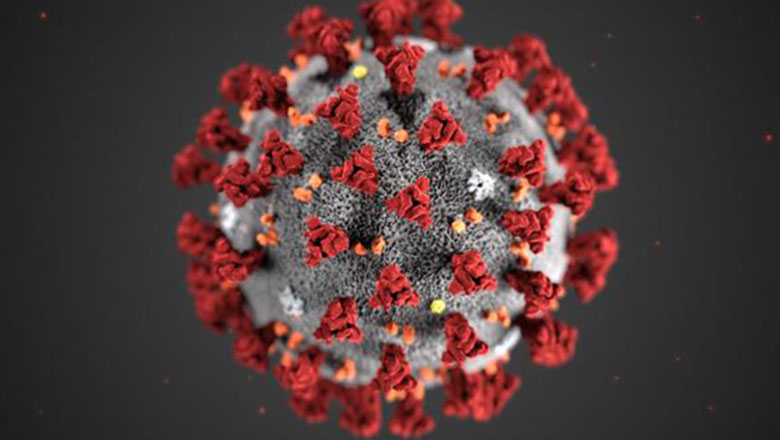We know from previous research that deprivation is closely linked with increased health issues and disease burden; our results suggest that COVID-19 is no exception.
Dr Cristina Menni, Lead Researcher
29 April 2020
COVID-19 more common and severe in urban and most deprived areas
Data from the COVID Symptom Tracker app, developed by ZOE, suggests higher prevalence and severity in urban and most deprived areas.

COVID-19 is disproportionally more common and more severe in people living in urban areas and regions of higher poverty, according to the latest app data from King's College London.
Health data has been logged by more than 2 million people in the UK over 24 days on the COVID Symptom Tracker app, developed by ZOE.
The team also found that COVID-19 cases and severity has decreased since the lockdown began.
On the link between COVID-19 and poverty, lead researcher Dr Cristina Menni from King’s College London said: 'This could reflect that individuals in more deprived areas are more exposed or vulnerable to the virus. It may be that they work in jobs requiring work out of the home, where they are more likely to be exposed to circulating virus.'
Dr Claire Steves, joint senior author from King’s College London said: 'This finding is important for allocation of resources in this pandemic. Areas with higher rates of poverty will need greater supply of PPE and more hospital capacity. This is likely to continue to be important when the social distancing measures are eased.'

